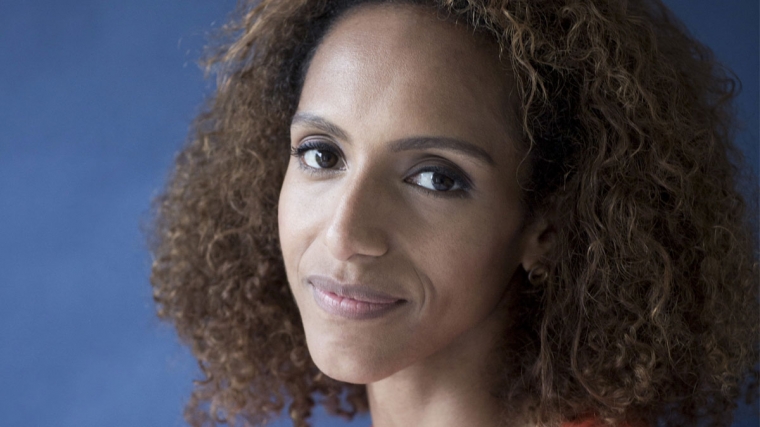Afua Hirsch’s 2018 book – part memoir, part polemic – provokes mixed feelings. So too did her discussion of the topic at this year’s Brighton Festival.
Don’t get me wrong, Brit(ish) is one of the best books falling into the clumsy category of ‘politics’ in recent years. And her festival performance, in discussion with Colin Grant, was the perfect extension. It’s brilliance is as obvious as its neccesity.
But for those of us for whom “this book is my experience” – in the words of one audience member – that’s a bittersweet realisation. On the one hand, it’s a liberating relief to find that the mixed race preoccupation with identity is not a lonesome one: always too white to feel part of a distinct tradition, never white enough to satisfy polite society, and altogether more obsessed with trying to find an identity than anyone else seems to be.
On the other, it remains depressing that the book needs to be written. It is the final nail in the coffin for the lingering doubts that maybe identity isn’t that important after all, and if we all stop overthinking we can embrace the postracial blindness that sounds so glibly appealing.
None of which is Afua’s fault, of course. But it makes this review something of a disappointing recognition of absolute correctness and necessity.
Thankfully, though, there’s a silver lining. Attending many a Festival political event in the past couple of years there’s usually one familiar feeling. That controversial chronicler of our time, Kanye West, described it as looking for faces of people of colour in a crowd “like where’s Waldo”. And too often, the result is finding the only others in the room are working behind the bar or taking tickets. This time was different. We were a community in discussion.
After a tentative start to questions and an engaging if not groundbreaking discussion, we caught fire. Two audience questions in particular stuck out. Both from women of colour, both encapsulating the experience of hearing something of themselves in Afua, gratified that there was now a book those of us of mixed heritage in the younger generation that our parents longed for; and disappointed that Hirsch’s relatively privileged voice (it’s one of my favourite things about her that she is so willing to acknowledge so herself) is given a platform by mainstream media while working class voices are ignored.
It was a kind of event I’d not seen before at Festival and, like all the best, left us in the audience prepared to hit the barricades and march more or less wherever they sent us.
At the same time though, it’s a reminder that in the aftermath of the Windrush scandal, Britain’s relationship with race seems to be going backwards. Central to her argument is the need for us to talk about identity and ethnicity, not willfully blind ourselves to it. The silver lining to Windrush is that we had issues of ethnic inequality and racialised policy thrust onto front pages for a fortnight for the first time in my lifetime.
I had thought that would mean exactly what Afua called for – a real conversation about race. But it’s slipping away. The drama of headlines is fading. The Home Secretary’s resignation on a ‘mistake’ is being allowed to draw attention away from the real injustices. And mainstream opinion is accepting the narrative of an ‘administrative error’ – not the systemic national disgrace that it is.
On a personal level, her title is painfully apt: I feel more Brit(ish) than ever. People of colour in this country are now forced to realise that people like not unlike us could be one missed document from a deportation centre. We need a thousand more conversations like this if we’re to make the difference we need. But that evening was a start. Brighton has a tendency to betray our progressive self-image with blindness to race. If we can have it, maybe the nation can too.

